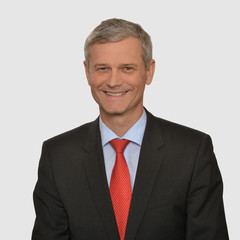MAN 675: Selected Challenges in Nonprofit Management – Power, Purpose, and Change in Organizations
Contents
In this seminar, the role of organizations in the economic system is critically examined, with a particular focus on nonprofit organizations, power structures, and alternative design approaches. This is achieved through the analysis of academic texts, practical simulations, and case studies.
Learning outcomes
By the end of the module, students will have acquired competencies in the following three areas:
- Organizational Design: Students understand the fundamentals of organizational structures, power dynamics, and new organizational forms and can assess their advantages and disadvantages.
- Strategic Planning: Students analyze stakeholder interactions, evaluate courses of action, and develop creative solution strategies.
- Critical Thinking: Students question different perspectives, identify the root causes of conflicts, and find common solutions.
Necessary prerequisites
–
Recommended prerequisites
Helmig, B. & Boenigk, S. (2020). Nonprofit Management. 2nd edition, München: Vahlen.
| Forms of teaching and learning | Contact hours | Independent study time |
|---|---|---|
| Seminar | 2 SWS | 15 SWS |
| ECTS credits | 6 |
| Graded | yes |
| Workload | 180h |
| Language | English |
| Form of assessment | Presentation (40%), Learning Diary (10%), and Essay (50%) |
| Restricted admission | yes |
| Further information | – |
Examiner Performing lecturer |  | Prof. Dr. Bernd Helmig Ludwig Uhl |
| Frequency of offering | Fall semester |
| Duration of module | 1 semester |
| Range of application | M.Sc. MMM, M.Sc. Bus. Edu., M.Sc. Econ., M.Sc. Bus. Inf., LL.M., MAKUWI |
| Preliminary course work | – |
| Program-specific Competency Goals | CG 1, CG 2, CG 3, CG 4 |
| Literature |
|
| Course outline | The course consists of several blocks:
|